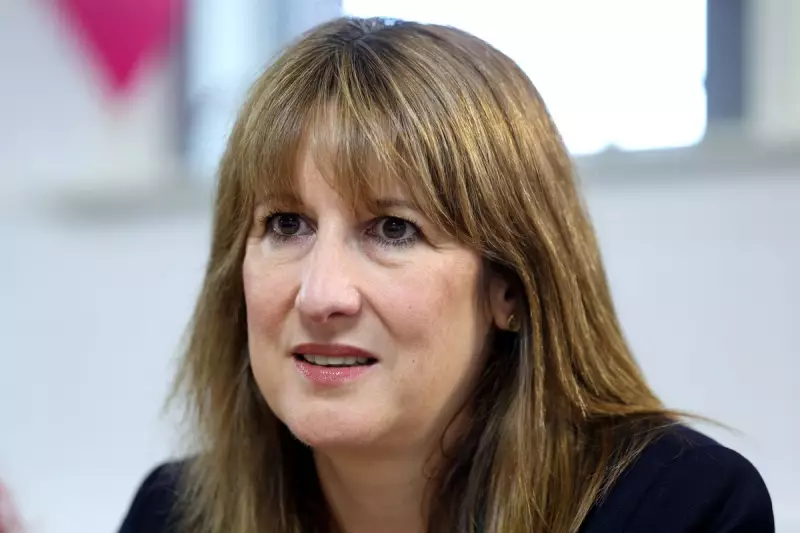
Westminster witnessed fiery exchanges today as Chancellor Rachel Reeves found herself at the centre of Conservative accusations regarding Labour's financial plans. During a heated Prime Minister's Questions session, the government launched a sustained attack on what they claim are concealed spending commitments that could cost taxpayers billions.
The £38 Billion Question
Conservative ministers alleged that Labour has secretly budgeted for an additional £38 billion in annual expenditure - a claim that sparked immediate backlash from the opposition benches. The figure, repeatedly cited by government representatives, represents what they describe as "the black hole in Labour's spending plans."
Chancellor Reeves vehemently denied the allegations, countering that the Conservatives were engaging in desperate political manoeuvres rather than addressing the country's pressing economic challenges.
Badenoch Leads the Charge
Business Secretary Kemi Badenoch took centre stage in the offensive, directly challenging Labour's fiscal credibility. "The money has to come from somewhere," Badenoch asserted during the parliamentary session, suggesting that taxpayers would ultimately foot the bill for Labour's proposed initiatives.
The exchange highlighted the deepening political divisions over economic policy as both parties position themselves ahead of future electoral battles.
Farage Enters the Fray
Adding to the political drama, Reform UK leader Nigel Farage injected himself into the debate with characteristically blunt commentary on immigration policy. While not directly addressing the tax controversy, Farage's interventions shifted attention to border control issues, creating a multi-front political skirmish.
Spending Scrutiny Intensifies
Analysis of the competing claims reveals significant disagreement about the true cost of Labour's policy proposals. Economic experts remain divided on the validity of the £38 billion figure, with some suggesting it represents a worst-case scenario rather than likely expenditure.
The controversy underscores the challenges facing opposition parties in detailing their financial plans while avoiding attacks from governing parties with access to Treasury resources.
What Comes Next?
Political observers suggest this exchange marks the beginning of sustained Conservative efforts to undermine Labour's economic credibility. With both sides digging in for a prolonged battle over fiscal policy, voters can expect continued heated debates about taxation and spending in the coming months.
The outcome of this ongoing confrontation could significantly influence public perception of which party represents the safer pair of hands for the UK economy.





